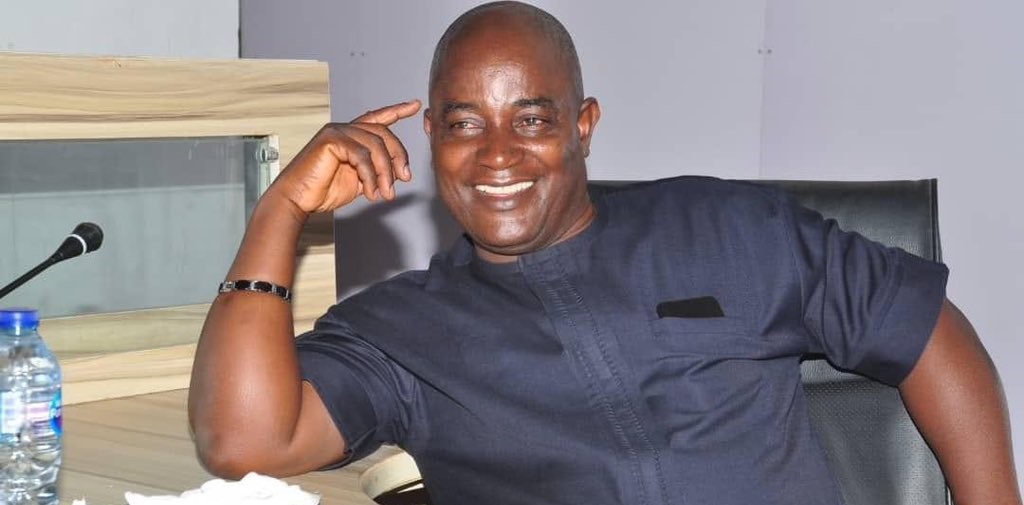Ike Nnachi, Abakaliki
A coalition of Civil Society Organisations (CSOs) in Ebonyi State has called for a gender-responsive budgeting framework as an approach to ending sexual and gender based violence in the state.
They group under the aegis of Ebonyi State Gender Inclusion Bill Team made the call during an advocacy visit to Ebonyi State House of Assembly.
The campaign was powered by Women Advocates Research and Documentation Centre (WARDC) with support from African Women Development Fund (AWDF).
Presenting the CSOs’ request to the Speaker, Moses Odunwa in his office, leader of the group, Nkem Chukwu, said the campaign was based on the identification that poor sectoral funding has remained a major impediment to the full implementation of laws and programmes against sexual and gender based violence in Nigeria.
She emphasised that Sexual and Gender based violence undermines both social and economic development of victims, adding that the individual’s capacity for realising his/her rights and potentials are often hampered under such strained condition.
Chukwu, the Executive Director of Health for Society, Justice and Peace Initiative, commended the State government’s commitment to addressing SGBV with the passage of the Violence Against Persons Prohibition law in 2018.
She described the law and its subsequent amendment in 2022, as monumental.
She added that the law provided the first comprehensive legislative framework for the prevention of all forms of violence against vulnerable persons, especially women and girls.
Nkem, a Lawyer, however, regretted that its implementation has not been very effective owing to issues ranging from lack of political will to poor budgetary provision.
Chukwu stressed: “Ebonyi State had demonstrated commitment to addressing SGBV.
“However, poor implementation mechanisms, lack of coordination, poor enforcement capacity, limited resources, among other factors undermine the efficacy of VAPP law as an instrument for addressing SGBV.
“These challenges provide a strategic opportunity to develop a gender-responsive budgeting Framework as a tool to guide strategic resource allocation for the implementation of VAPP Law.”
Presenting the estimate data situation on the prevalence of GBV and related trends in Ebonyi State from January 2020 – September 30th 2023, a member of the team, Augustine Onwe, representing Youthhub Africa, said about 3,633 SGBV cases were reported, out of which sexual and physical violence accounted for 2,240 representing 61.6% of reported cases.
He added: “Furthermore, in 1,453 representing 40% of reported incidence, the relationship with perpetrators were intimate, while 1,380 (38%), survivors/victims had no form of education.
“3,160 (87% ) of survivors were females who have never been married or are married.”
The team appealed to the Legislators to utilise their oversight functions to drive gender responsive budgeting towards effective implementation of SGBV laws in the state.
“We are counting on your support to push for fund required for the effective implementation of VAPP in the budget,” the team summed.
In his reaction, Speaker Odunwa, acknowledged that the VAPP law has not been fully implemented in the state, but commended the State Government for the tremendous heights it has attained in SGBV prevention and response.
He added that the office of the wife of the Governor has achieved a lot in that direction through her pet project, Better Health for Rural Women, Children and Internally Displaced Foundation, BERWO.
Odunwa noted that although the task of law implementation rests on the Executive arm of government, the legislators would partner with the CSOs to advance the fight against SGBV in the state.
Other advocacy team member organisations included Civil Rights Development and Documentation Centre (CIRDDOC), Media Alliance for Good Governance, Nigeria; YouthHub Africa, Margaret Spring of Roses and the Nigeria Association of Women Journalists, (NAWOJ), Ebonyi State Council.

